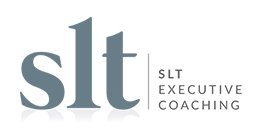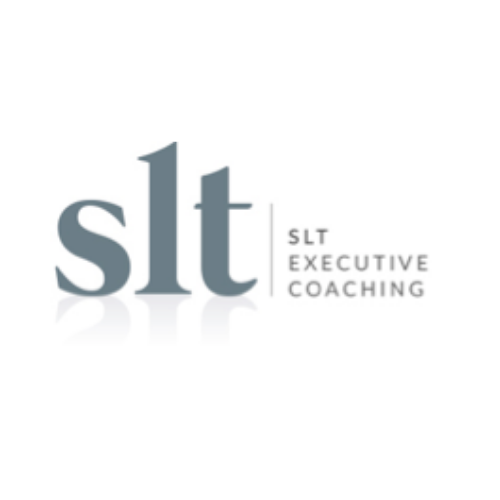Good career conversations
How do you help others to develop professionally through the conversations that you have with them? Sarah Tennant sets out how some coaching techniques can be easily used in the everyday context of work and mentoring.
When it comes to helping other people progress in their careers, whether it’s a direct report or a mentee, there’s a lot we can take from some tried and tested coaching techniques. These can be applied in formal and informal settings, from a scheduled 1:1 meeting to a general catch up over coffee. The benefits of adopting a coaching approach can lead to sharper, more effective exchanges that reap lasting rewards for both parties.
WHY DOES THIS MATTER?
Discussions with direct reports on their development in their current roles and beyond are important. In an age where a corporate career for life is increasingly viewed as the exception rather than the norm, many organisations are dealing with retention issues amongst, for example, millennials and women post maternity leave. The connection between holding purposeful career conversations, employee engagement and ultimately employee retention is hard to miss. And a focus on individual motivation and increased self-understanding helps to create a productive workplace culture. One in which wellbeing and progression is valued.
SOME TECHNIQUES
LISTENING
When holding a career, or indeed any, conversation do you listen to understand or to respond? How do you try to make sure that the conversation is going to be a ‘good’ one? Actively listening to someone is an essential coaching technique and is also incredibly useful for line managers and mentors to adopt. Nancy Kline’s well-respected book “Time To Think” provides a valuable framework for establishing what she calls a ‘Thinking Environment’. The Ten Components of this are:
Attention
Incisive Questions
Equality
Appreciation
Ease
Encouragement
Feelings
Information
Place
Diversity
At the heart of each component lies a respect for what each person has to say, an ‘unconditional positive regard’ for the individual. By really hearing them and responding accordingly, it is possible to elevate and sharpen their ability to think clearly and well for themselves.
SUMMARISING
This is another coaching tool that demonstrates that you are really listening to someone. Through reflecting back what you have heard, you can make a big impact on someone’s sense of how valuable what they have to say really is. Which in turn helps push people further along in articulating what is important to them.
As explained by executive coaching authority Jenny Rogers, genuine summarizing has these features:
It does not contain any judgement of your own.
It does not interpret.
It uses the client/direct report/mentee’s language.
It ends with a question – ‘Have I got that right?’ or ‘Is that a fair summary of where we seem to have got to?’
It is authentically a summary and therefore brief, rather than simply a repetition of exactly what has already been said.
THE GROW COACHING MODEL
So, your mindset is positive and you are ‘all ears’. What else can help ensure that your direct report or mentee gets the most from your time together?
By far the most widely used coaching model in the world is the GROW model:
Goal
Reality
Options
Will
This acronym can underpin any conversation, not just formal coaching ones. Its popularity partly lies in its seeming simplicity, immense depth and power. It can also be followed in linear fashion or dipped into as and when seems right. Put simply, this model creates a focus for the other person that helps them move towards a clear understanding of what the real issue of the situation is; what the key facts are; what their options are and what are the costs, benefits, upsides, downsides and risks of each; and finally what they will do and what their motivation around this is.
NEXT STEPS
These techniques may be some that you already use, consciously or unconsciously, and they all improve with practice. To find out more about good career conversations, contact me at sarah@sltexecutivecoaching.com.
This article was first published on the Cityparents website as part of their Mentoring Programme.

